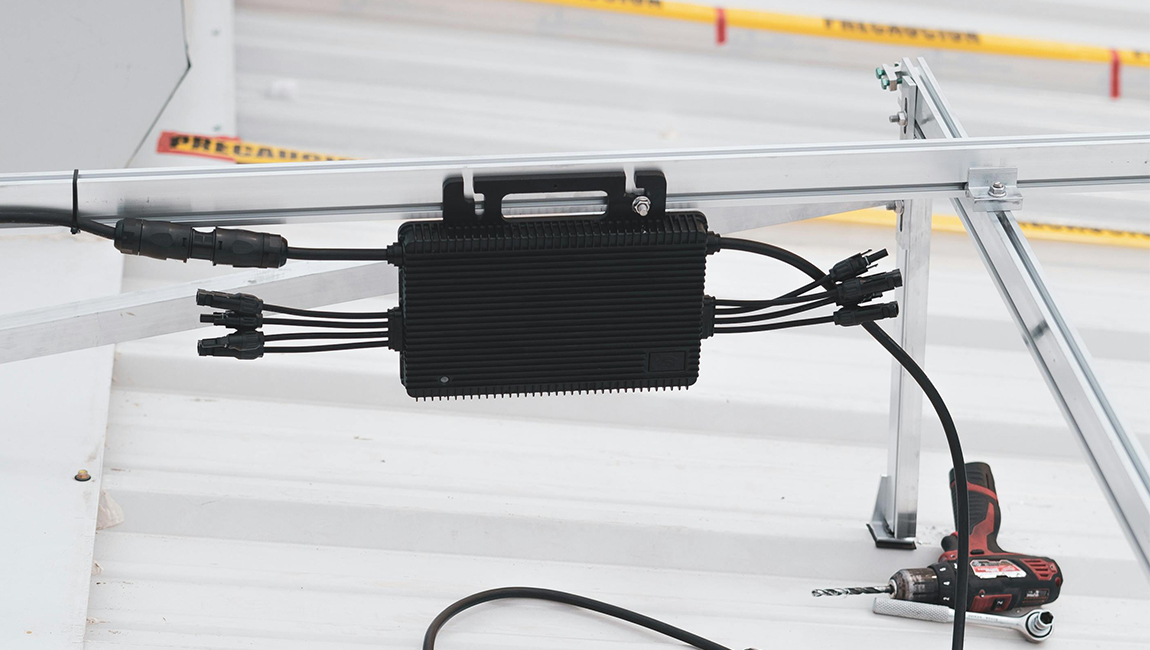Connectors are used to connect batteries and inverters for storage and conversion of electrical energy to ensure stable operation of solar PV systems.

Inverter Connections in Solar PV Systems: Key to Ensuring Power Storage and Conversion
Solar photovoltaic (PV) systems are becoming an increasingly popular choice for homes and commercial buildings as a clean, renewable energy solution. In these systems, inverters play a vital role in converting the direct current (DC) generated by solar panels into alternating current (AC) for use in homes and businesses. And solar PV connectors play a key role in connecting the batteries to the inverter, ensuring the efficient storage and conversion of electricity, and thus the stable operation of the entire PV system.
Importance of inverter connection
In a solar PV system, the battery is used to store the electricity generated by the solar panels so that it can be used when the solar energy is insufficient (e.g. at night or on cloudy days). The inverter, on the other hand, is responsible for converting the DC power stored in the batteries into AC power for use in the home or business. Therefore, the connection between the batteries and the inverter must be solid and reliable to ensure the efficient transmission and conversion of electrical energy.
Functions of Photovoltaic Connectors
The main function of solar PV connectors is to ensure a solid connection between the battery and the inverter. These connectors not only have to withstand the stress of current transmission, but also resist the effects of environmental factors (e.g., temperature changes, humidity, etc.) to ensure the long-term stability and reliability of the connection. In addition, PV connectors need to be designed with ease of installation and maintenance in mind to facilitate long-term system operation.
Impact of PV connectors on system performance
The quality of the PV connector has a direct impact on the performance of the solar PV system. A solid connection ensures that power is transferred efficiently between the batteries and the inverter, thereby increasing the energy efficiency of the entire system. In addition, the weather resistance of the connector is key. It needs to be able to withstand a variety of climatic conditions to ensure the long-term stable operation of the system.
In a solar PV system, the inverter connection is a key link in ensuring the storage and conversion of electrical energy. Solar PV connectors play a crucial role in this process. They ensure a solid connection between the battery and the inverter, and are key to achieving efficient and stable system operation. Therefore, when designing and installing a solar PV system, it is crucial to choose the right PV connectors.